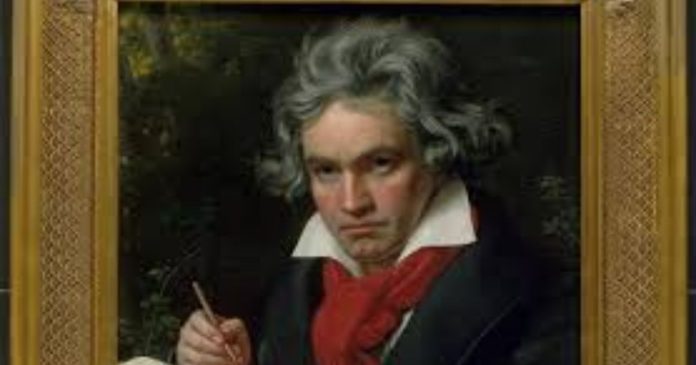The renowned German composer and pianist Ludwig van Beethoven passed away on March 26, 1827. He died in Vienna, Austria, at the age of 56. Beethoven’s death followed a prolonged period of poor health, which included hearing loss that had begun in his late twenties and had progressively worsened, leaving him completely deaf in his later years.
Beethoven’s death marked the end of a remarkable life that profoundly influenced the world of classical music. Despite his personal struggles, including his deafness, he composed some of the most beloved and groundbreaking works in Western music, such as his Symphonies No. 5 and No. 9, the Moonlight Sonata, and his Late String Quartets.
Final Years and Health:
In the years leading up to his death, Beethoven faced severe health issues, including liver disease, gastrointestinal problems, and what some believe to have been cirrhosis of the liver, possibly exacerbated by his drinking habits. His declining health was compounded by his isolation and difficulties communicating with others, as he could no longer hear the sounds of his own music.
Beethoven’s Legacy:
Despite these struggles, Beethoven’s legacy as a composer remains immense. He bridged the Classical and Romantic periods of music and pushed the boundaries of musical form and expression. His work continues to influence composers, musicians, and listeners worldwide.
Beethoven’s funeral took place on March 29, 1827, and thousands of people attended to pay their respects. His influence and his groundbreaking contributions to music continue to live on, cementing him as one of the greatest composers in history.


